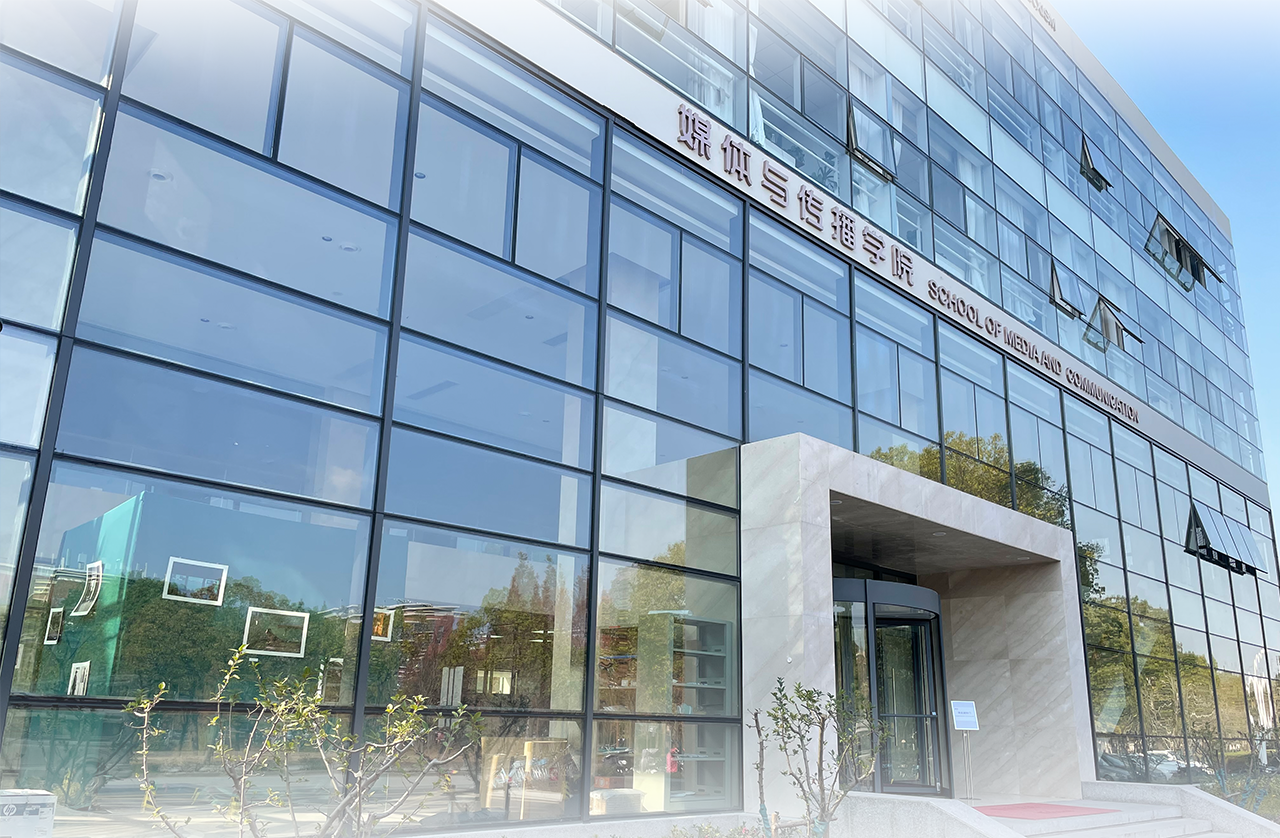Two Works from the School of Media and Communication Win the 2024 Shanghai "Silver Dove Award"!
Recently, the results of the 2024 Shanghai "Silver Dove Award" were announced. After rigorous evaluation, 210 entries and projects were awarded the Best Award and the Merit Award of the Shanghai "Silver Dove Award." Among them, the documentary "Dialogue with ASEAN," jointly submitted by the School of Media and Communication at Shanghai Jiao Tong University, won the Best Award in the category of International Communication Products (Video). The book titled "The Path of Urban China: A Study on the Urbanization Theory and Model of the Communist Party of China Over the 70 Years Since the Founding of the People's Republic of China" received the Merit Award in the category of International Communication Products (Publishing).
Introduction to Award-Winning Entries
The documentary "Dialogue with ASEAN" is a project commissioned by the Department of Asian Affairs of the Ministry of Foreign Affairs and is included in the list of activities for the China-ASEAN People-to-People Exchange Year. Under the guidance of the International Cooperation Department of the State Administration of Radio and Television and the Shanghai Radio and Television Bureau, with academic support from Shanghai Jiao Tong University, the documentary was produced by Shanghai Media Group Reality Media Co., Ltd., and jointly distributed and broadcast overseas by the Documentary Center of Shanghai Jiao Tong University. Set against the backdrop of the United Nations 2030 Agenda for Sustainable Development and the Belt and Road Initiative, the documentary focuses on the fruitful achievements of China and ASEAN countries in interconnectivity, win-win cooperation, and mutual learning and exchanges in the five major areas of society, economy, ecology, science and technology, and humanities. The program selects important milestones such as the 50th anniversary of the establishment of diplomatic relations between China and Malaysia, the fifth anniversary of the Elite Scholarship Program, and the 1,000th day of the opening of the China-Laos Railway, and deeply explores cases of in-depth exchanges and interactions between the two sides in the fields of civil societies, non-governmental organizations, and university research, presenting the more than 30-year development journey of China and ASEAN from multiple levels and perspectives.
The book titled "The Path of Urban China: A Study on the Urbanization Theory and Model of the Communist Party of China Over the 70 Years Since the Founding of the People's Republic of China" employs Marxist urban theories and methods to study and summarize the successful experiences of the Communist Party of China in urban policies, urban planning, urban management, urban economy, urban society, and urban culture. It theoretically summarizes the path of urban development with Chinese characteristics. At the same time, by comparing the similarities and differences between the "Chinese urban development model" and the "European-American model" and the "Latin American model," it proposes a new concept and framework for the "Chinese-style urbanization path," reflecting and showcasing the wisdom and creativity of the Communist Party of China in the urbanization process. Using a method that combines theory with practice, connects history with reality, and unifies logic with empirical evidence, it scientifically elaborates and deeply explains the Communist Party of China's urbanization ideology, the new China's urban development model, urban agglomerations, culturally distinctive cities, and the Chinese-style urbanization path, as well as their basic categories and relationships, exploring the construction of Chinese discourse and style in urban scientific research. Drawing on disciplinary knowledge and principles from cultural studies, economics, sociology, history, folklore, demography, and other fields, it provides detailed arguments and comprehensive interpretations of humanistic cities, putting forward insights and propositions such as "leading the new normal of smart city construction with humanism," "culturally distinctive cities as a mirror of China's urban development," "finding a new path of integrated humanistic and ecological development," and "implementing the green development path of culturally distinctive urban agglomerations," enriching the historical, theoretical, and cultural research of the Communist Party of China and proposing countermeasures and suggestions for the future development of new-type urbanization.
Source:https://mp.weixin.qq.com/s/boFmhNpd3CFQgB_URSUREg


